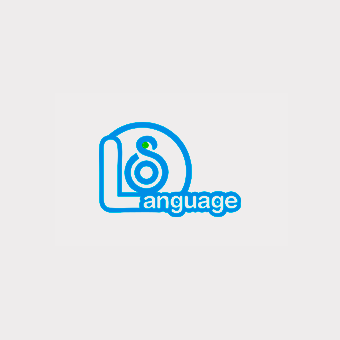
Learning another language is like opening a new world.
Not everybody is aimed at reaching proficiency level while learning a foreign language. Perhaps, it`s not even possible. After all, we don`t know our mother tongue thoroughly and we can often make mistakes while writing or speaking.
That`s why, in order not to get lost in this world, it`s extremely important to choose the way, direction and the means to assimilate the language. To do this, there are 2 things you need to pay attention to: first and foremost, define your objective, then, state your place in this “world” of a foreign language.
Ask yourself these questions:
- Why do I learn a foreign language: I need a good mark at school, I`m interested and I do this for pleasure, for specific professional use of it or another?
- What language skills do I need to gain: to get professional reading comprehension skills, to get listening skills for successful communication while being on holiday, to speak fluently, read and write in a second language in order to live abroad for some time?
- What knowledge level do I want to achieve in one or another sphere?
- What level am I now?
- What are my strong and weak sides (in my actual knowledge)?
- What comes easily to me and what not?
- What do I find the most difficult learning the language?
- Do I face any psychological problems when speaking a foreign language?
- What do I get enjoyment from, learning the language?
- How have you been learning the language up to the present moment: with whom, what training materials and methods are in use?
- Try analyzing yourself with your friend or a teacher.
- If you self-study, write down your answers and keep on checking yourself periodically: have you chosen the right methods to get your aim?
- If somebody teaches you, inform him/her about the results of your self-analysis. It will help your teacher work effectively.
- Don`t forget to use the dictionaries.
Good dictionaries are essential for you if you want to get good language knowledge. Remember: the thinner your dictionary is, the worse it is. It’s explained by a great number of defects and misleading information. Do not rely on thin and pocket dictionaries.
- Use either bilingual dictionaries or monolingual explanatory dictionaries (at a more advanced level of the language). There you will find a good explanation of words with a great deal of usage examples (learn the words only within a context; they do not exist separately from the language!) You also need to have a dictionary of synonyms and stylistic dictionary. They are not pocket dictionaries, people work with them sitting for study.
Some more tips:
- Ask your teacher to give you advice on learning the target language.
Good luck in choosing the right aim for your language studies!































